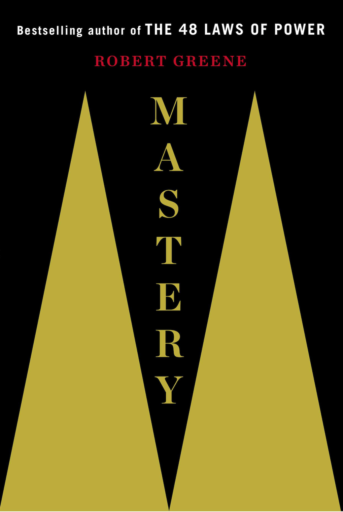Ah mastery, who doesn’t want to be a master? A rhetorical question, yet an important one.
I’ll come back to the question later, but for now, how is the book? I like it, strange to say from the get-go but yeah… I enjoyed the story, examples & discussions. The book takes mystery of being a genius and breaks it down into concise, foundational sequences of events that each master had to go through in order to climb to the top of their respective field. Each event and a sequence is analyzed by the author and discussed. If you ever wanted a guide on “Mastery”, this might be it.
As I was going through the book, I couldn’t help but ask myself: “well, alright, but who is this book written for?”. Is it a recipe book? I’m not sure, some of the recipes are kinda long – start when you are 5 or 10 year old. Sure, mastery takes long time, you can’t be on the top of a field in just couple of years or by following few “easy” steps. I get it, but it doesn’t answer my question. If you got this book and comprehended it by the age of 17, perhaps you can make it, but for anyone over 30 there aren’t that many recipes in the book. To be fair, the book is fascinating and at any age you should take some ideas out of it, but let’s be real, in order to take full advantage, you should be at the very young age – perhaps you can prepare your children for the journey?
But do you want to be a master? Is it even a conscious choice? I don’t know, but overarching theme seems to be outliers. Those masters have a very different view of the world, some don’t even fit into society. It feels to me that the journey starts with a perceived defect in a person. Something deep inside drives those people forward, some get unlucky and go to live on mountains (figuratively speaking), others get lucky (timing, resources) and lunge forward through many years of hard work but in the end some become dazzling stars of our society, providing example and direction for others to follow.
In a nutshell:
+: Easy & fun read
+: History, analysis, discussions
+: Examples from different eras
+: Useful bits and pieces even if you are not planning on a mastery
-: Is mastery a choice?
=: I don’t know if mastery is a choice, but I can still learn quite a few things from the book. Perhaps if you are young, you should read the book early on. If you have children, perhaps you want to read it as well and set your child on a journey. But perhaps you want to explore minds of the masters for the fun of it, then please enjoy.
Title: Mastery
Author: Robert Greene
Cover:

